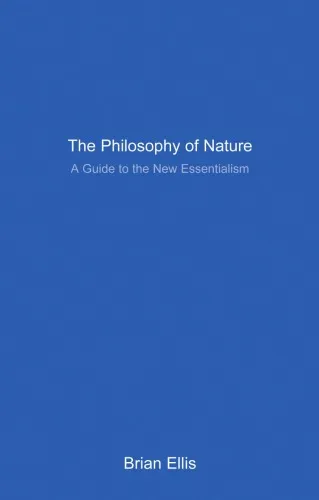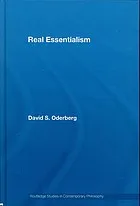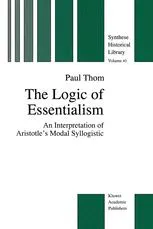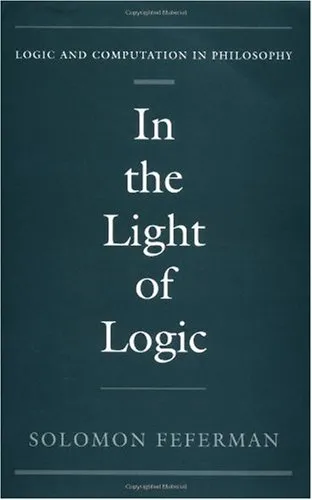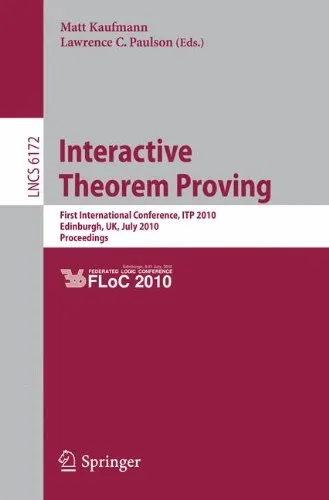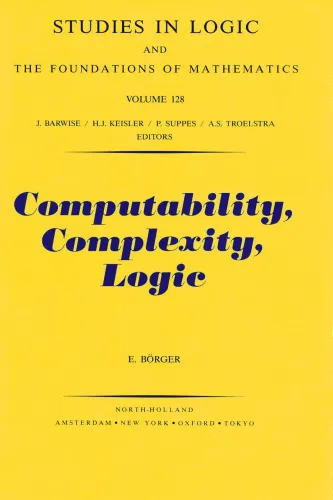Epistemology & Philosophy of Science
4.6
Reviews from our users

You Can Ask your questions from this book's AI after Login
Each download or ask from book AI costs 2 points. To earn more free points, please visit the Points Guide Page and complete some valuable actions.Related Refrences:
Analytical Summary
The section Epistemology & Philosophy of Sciencepp.165—179 occupies a distinctive place in scholarly discourse, presenting a nuanced exploration of how human knowledge is conceptualized, structured, and validated within the scientific domain. Written by Osminskaya, Natalia A., this segment of the book engages deeply with foundational questions concerning truth, belief, and the methodologies through which science advances.
Across these pages, the text navigates the intricate terrain between epistemology — the theory of knowledge — and the philosophy of science, a branch of philosophy concerned with the underpinnings, methods, and implications of scientific inquiry. Osminskaya constructs an analytical bridge, enabling readers to not only grasp abstract theoretical frameworks, but also to see their manifestation in the real-world practice of science.
Information on the exact publication year is unavailable due to the absence of a reliable public source; however, the section’s content remains timeless in academic relevance. It references historical and contemporary philosophical perspectives, elaborating on issues such as the nature of scientific explanation, the demarcation problem between science and non-science, and the role of evidence in constructing reliable knowledge claims.
Key Takeaways
Readers will emerge from Epistemology & Philosophy of Sciencepp.165—179 with sharpened analytical tools and an enriched appreciation for the complexities of both concepts and methods in science.
The segment offers several core insights: the interdependence of theory and observation, the philosophical challenges posed by changing paradigms, and the necessity of critical scrutiny in scientific practice. Its discussion of the scientific methodology underscores how epistemological principles guide empirical research toward reliability and reproducibility.
By centering the discourse on how scientific knowledge is justified and structured, the text facilitates informed debate among academics, professionals, and serious readers invested in interrogating the foundations of their disciplines.
Memorable Quotes
“The process of knowing is inseparable from the process of questioning.”Unknown
“Scientific methodology is the applied logic of epistemology.”Unknown
“Every paradigm carries the seeds of its own transformation.”Unknown
Why This Book Matters
In a time when scientific claims permeate daily life and policy decisions, a rigorous engagement with epistemology and philosophy of science is critical.
Epistemology & Philosophy of Sciencepp.165—179 acts as a vital scholarly resource, offering clarity on how we discern credible knowledge from conjecture. For professionals, this means improved frameworks for evaluating evidence; for academics, it facilitates more robust theoretical development; for serious readers, it elevates intellectual discourse.
By weaving together historical and contemporary perspectives, the section underscores the perpetual relevance of examining how knowledge is constructed. It is both a reference and a provocation, urging the reader to wrestle with the philosophical dimensions of science in both practice and theory.
Inspiring Conclusion
The journey through Epistemology & Philosophy of Sciencepp.165—179 is more than an intellectual exercise; it is an invitation to continuous inquiry and dialogue.
By engaging deeply with the material, readers can refine their analytical capacities and better navigate the complex interplay between theory and practice in science. Whether you are an academic seeking to expand your theoretical grounding, a professional aiming for methodological precision, or a dedicated reader eager to traverse the philosophical landscape of science, this work provides a sturdy compass.
Take the next step: read, share, and discuss Epistemology & Philosophy of Sciencepp.165—179 within your circles. In doing so, you not only honor the rigorous intellectual tradition it represents but also contribute to the evolving conversation on how we know what we know.
Free Direct Download
You Can Download this book after Login
Accessing books through legal platforms and public libraries not only supports the rights of authors and publishers but also contributes to the sustainability of reading culture. Before downloading, please take a moment to consider these options.
Find this book on other platforms:
WorldCat helps you find books in libraries worldwide.
See ratings, reviews, and discussions on Goodreads.
Find and buy rare or used books on AbeBooks.
1179
بازدید4.6
امتیاز0
نظر98%
رضایتReviews:
4.6
Based on 0 users review
Questions & Answers
Ask questions about this book or help others by answering
No questions yet. Be the first to ask!

